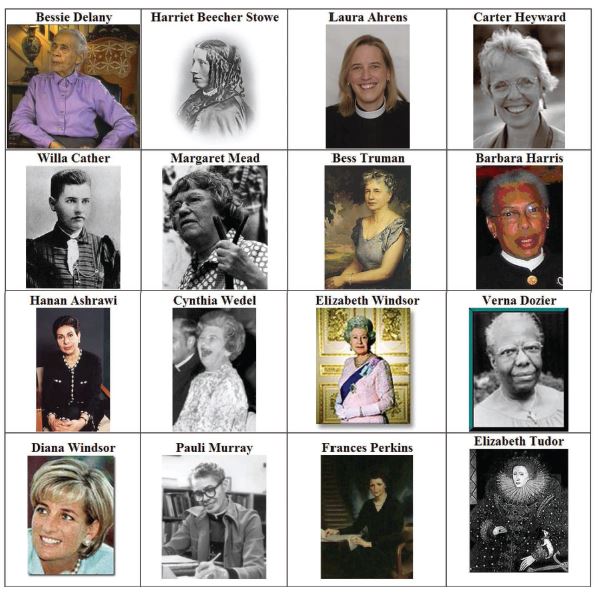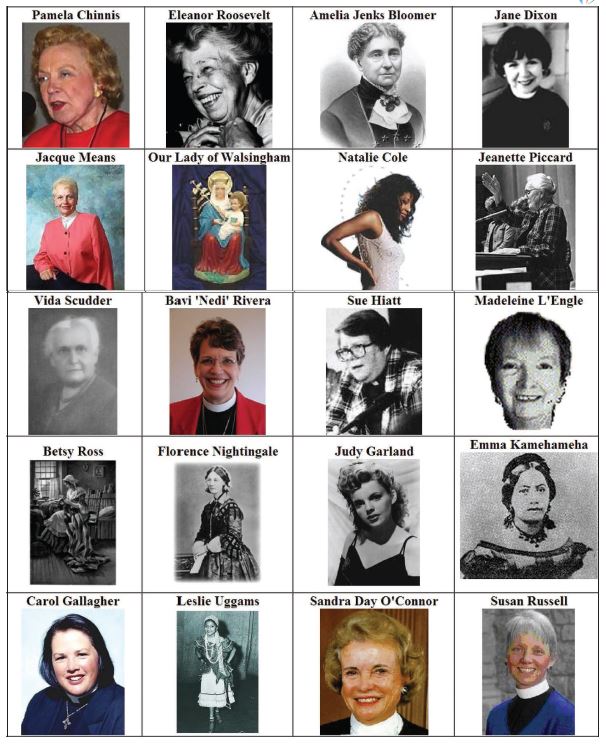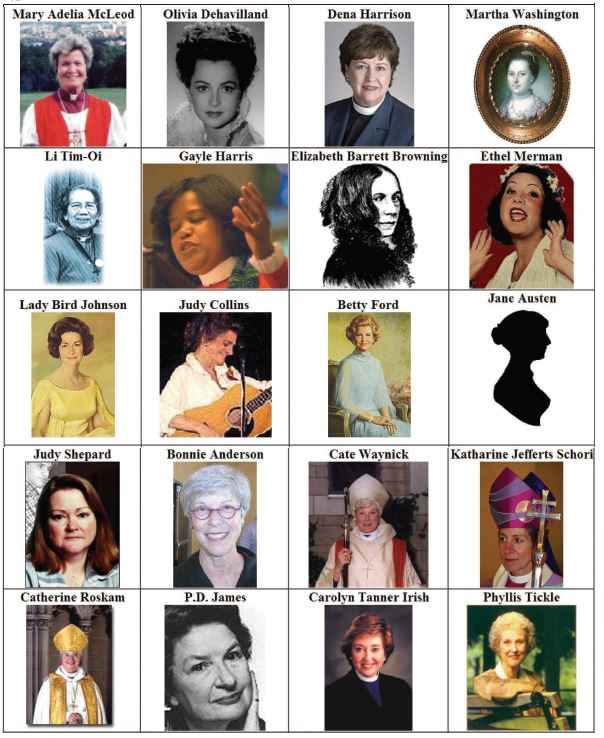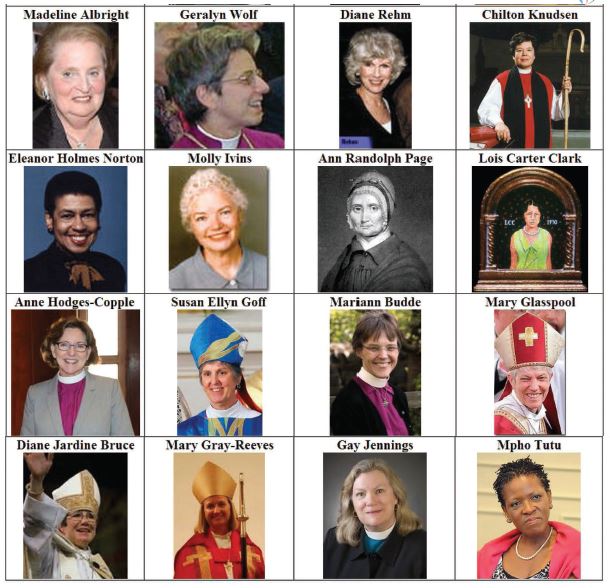My “Reawakening” to the World:
Impressions From My 1st NGO UNCSW
Beblon G. Parks, Member at Large – Social Justice
National ECW Board
Have you ever heard of a Huru Bag? If you haven’t, don’t feel bad! Neither had I. Learning about the role this item plays, along with many other initiatives and projects around the globe, stimulated my social justice conscience and re-awakened my passion during my participation at the 60th Non-Governmental Organizations United Nations Commission on the Status of Women (NGO UNCSW) in March.
So what are Huru Bags? One of the sessions I attended on “Consultation Day” was led by a young activist named Joy Lynn. It was entitled “Huru International Supporting Menstrual Hygiene: Management to Ensure Education and Empowerment of Rural Kenyan Girls.” Funding for this project is provided through the Clinton Global Initiative Commitment to Action. In Swahili, Huru means free. I never thought before about freedom in the context of what might limit a young girls freedom to go to school each day. I had been unaware that girls in some African and maybe other countries were deprived of an education because they did not have access to personal female care products. Now, thanks to this project over 500 Oqiek girls in Kenya are able to manage their periods and stay in school.
What an eye-opener!
What I saw and heard in the various CSW forums (workshops) and side-bar events were women’s voices, in many languages, sharing their stories and ideas—hand-in-hand working to end violence against women and girls, improve the economic welfare of women and ensure access to education and economic empowerment.
In his letter of welcome to The Episcopal Church delegation, the Anglican delegation, the Episcopal Church Women, Anglican Women Empowerment, and others gathered for the NGO CSW, Presiding Bishop Michael B.
Curry stated: I pray you listen, learn, and work together, focusing on the four on-going challenges to the achievement of women’s empowerment identified in The Episcopal Church’s written statement to UNCSW: enable women to access power and decision-making positions, foster women’s and girls economic empowerment and independence; eradicate violence against women and girls, and access to quality educations, decent work and decision-making; and health. Often when we hear about all that needs to be done—the suffering, the killing, the poverty, the hunger, here in the U.S. and worldwide—it’s easy to feel defeated before one begins saying, “I’m just one person. What difference can I make?” The answer is simple. One ECW member can make a huge difference especially if she/we join hands and work together! Look at the difference made by these “Ones” – Malala Yousafzai, Berta Caceres, and Sabam Naraghi-Anderlini. Will you join me in being “one” working to do just that? Let’s make a difference!




